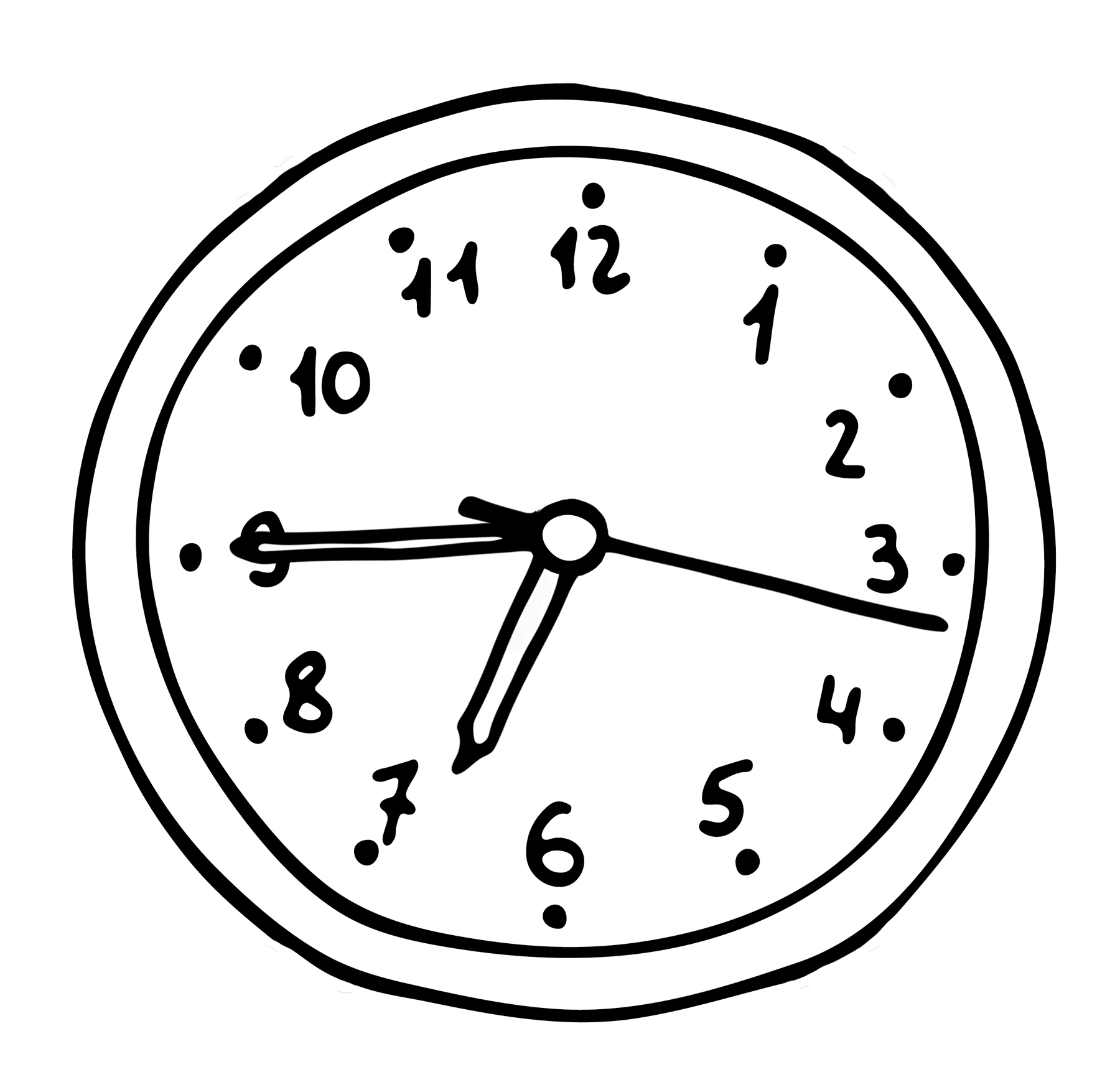Flor

Without thinking about where I was going, I wandered slowly back toward Rancho Maldonado. Ms. Alverson saw me and told the customer at her window, “Hang on a minute.”
She poked her head out. “Did you get her back in time? How come you didn’t stay to watch the show?”
I turned, and when she saw my face, she said, “Flor, you wait right there. Lexanne!”
As soon as Lexanne took over at the cash register, Ms. Alverson dashed out of the stand holding another cup of frozen lemonade. Her cure for everything. This one had a cherry on top. She must have known it was serious.
She put a hand on my cheek. It was cold and wet from the lemonade. “What happened? What’s wrong? Here. Have a sip.”
She held out the cup, but Papá had walked up behind me, and he was the one who took it from her.
“Thank you, Maggie,” he said, “for always looking out for Flor.” He put his arm around my shoulders. “Let’s go, mija. It’s time for dinner.”
We could have eaten dinner in the cafeteria tent like most of the other people who lived and worked at the carnival. Or I could have survived just fine on snacks from the Food Pavilion. But from the first day we arrived, Mamá insisted that we eat our dinners together as a family. “If this is our home, we’re going to treat it like one,” she had said.
Papá would close the zoo for an hour, and we would take turns cooking—outside on the camp stove, if the weather was good, and inside the RV if it was not.
Papá and I tried to stick with the routine after Mamá left, but it was hard. We would lose track of time and it would be too late to cook, and after the groceries Mamá left us ran out, we kept forgetting to go out shopping for more.
So I was not sure what Papá had in mind when he said it was time for dinner. All I’d found in the cupboards when I made us breakfast that morning was a half-empty bag of masa harina, a box of spaghetti noodles, a bottle of Tajín, a can of corn, a can of black beans, half a lemon, and two cantaloupes from the fair.
I had decided to dice one of the cantaloupes and sprinkle Tajín on top.
Papá could not have prepared much of a dinner with what was left. But I wasn’t hungry anyway.
We walked behind the petting zoo where the camp chairs were already set up on either side of an upturned crate that Papá had covered with one of our towels. “Siéntate.”
While I sat down, he went to the RV and came back carrying two plates. Lined up on each one were three small tacos topped with corn-and-black-bean salsa.
“Where did all this come from?”
“From the kitchen. Pues, the turkey came from the Drumstick Wagon—I pulled the meat off the bone—but we had everything else in the kitchen.”
“Not tortillas,” I said.
“Masa y agua.”
“But the salsa?”
“Corn and beans, plus some lemon and Tajín. I told you, we had all the ingredients.”
Even though I thought I wasn’t hungry, I took a bite. Mamá would have approved. No matter how good fair food tasted, it did not taste homemade.
Papá sat and folded one of his tacos in his hand. As he lifted it to his mouth, I asked, “Are we going to have to leave the carnival?”
“Pues…”
“Well, what? Why aren’t you trying harder? Why aren’t you trying at all?”
He put the taco down. “Maybe I’m not a very good businessman, and I’m sorry for that. But I am trying, mija. Your mamá is too.”
“She isn’t trying. She left. She gave up.”
Papá shook his head. “We are both trying to do the best with what we have, like always. Pero if keeping the zoo open means we can’t treat people, or the animals, fairly? If it means holding you back? Then it is time to leave. But wherever we go, we have what we need. We have more than you think.”
I understood what he meant about being kind. Rancho Maldonado wouldn’t be the same if Papá didn’t have a generous heart, as frustrating as it was sometimes. But I still thought everything we needed was here. At the carnival.